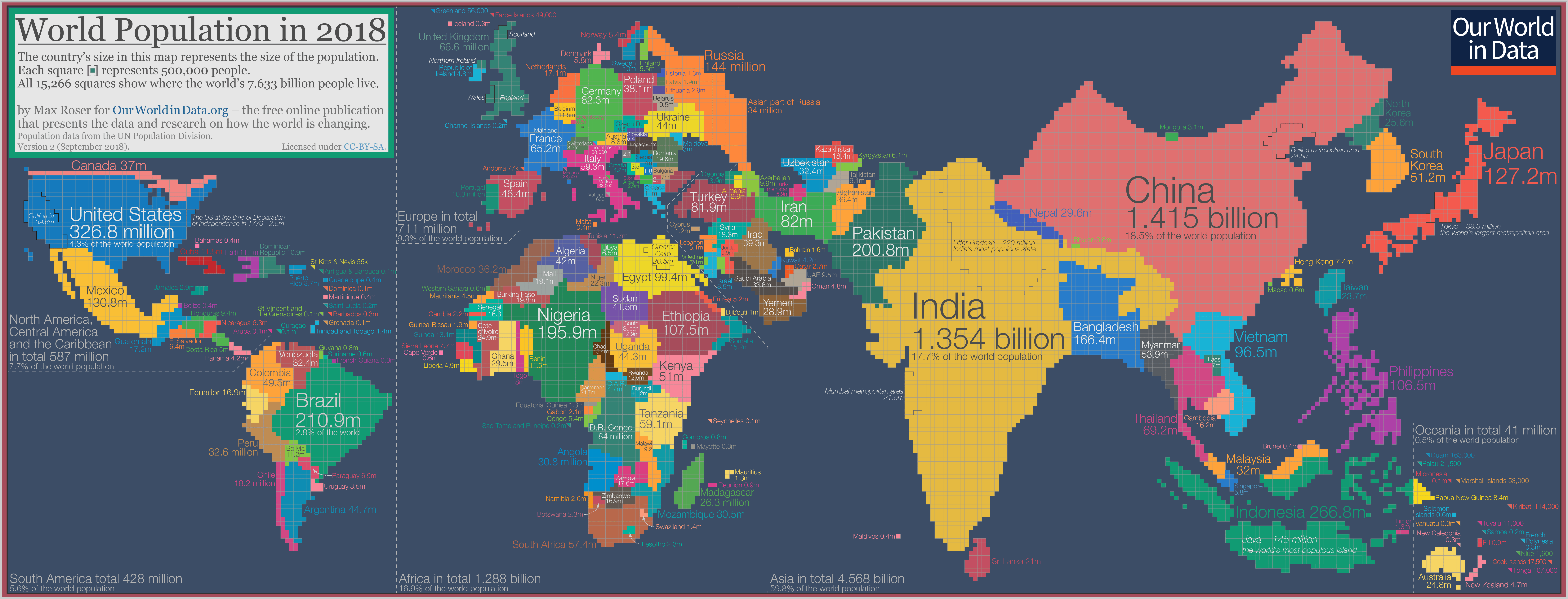
3 Things: Market, Market, Market
Generation Fret
1. Psychic Trauma (The Reformed Broker, 9/10/2018)
“…our experience during formative years in the market can have a tendency to shape our attitudes, biases and prejudices forever. If your first ten years investing in the stock market ran from 2000 to 2009, then you watched two 50% crashes for the S&P 500, a lost decade in which the index gained 0% while the cost of living rose, a government bailout of the most culpable actors in the crisis, multiple economic meltdowns occurring around the world, a spike in gold prices and a war of choice in Iraq that cost taxpayers trillions of dollars to fight and then clean up after. Hard to have a sunny disposition about putting money at risk after an introduction like that. The experience of a Gen Xer beginning to invest in 1990 was quite a bit different.”

Don’t fear market crashes in October
2. October Is the Scariest Month for Investors, Along With All the Others (Bloomberg, 10/1/2018)
“Research firm Bespoke Investment Group assembled the data, and found the worst month for market performance has been September. October has been on average positive. And whatever softness there has been historically seems to be dissipating.”
“Given that the 10th month of the year is much less frightening in reality than its reputation, what might explain this irrational fear of October? My money is on the psychological power of anecdotal evidence, and the coincidence of two big October market crashes, 1929 and 1987, and October 2008, when the market tanked after Lehman Brothers’ failure a month earlier sent the financial crisis into high gear. 2
As is so often the case, the plural of anecdote is not data.
Just consider all of the other notable crashes that have occurred in months that were not October. The tech bubble began tanking in March 2000; the Flash Crash was in May 2010, the same month as the Panic of 1901. The market seems to have anticipated the recession of 1920–21 by peaking in November 1919, then sliding until it hit bottom in August 1921.”
Market valuations won’t help you time the markets
3. Market Timing is Hard (A Wealth of Common Sense, 9/28/2018)
“Investors would love to find an easy way to tell them when to get out of the market to avoid an oncoming train on the tracks, especially at today’s elevated valuation levels.
Unfortunately, valuation is not going to do that for you because expensive markets can always get more expensive, fundamentals can change, and no one really knows what level of valuations will cause investors to change their perception of risk until after the fact.
Valuations are useful for setting expectations but not timing the market.”

Bonus if you’re still reading this post
The map we need if we want to think about how global living conditions are changing (Our World in Data, 9/12/2018)
“If we want to show where the world’s people are we need a population cartogram, a geographical presentation of the world where the size of the countries are not drawn according to the distribution of land, but according to the distribution of people.
So I spent the last few weekends making this cartogram for the world population in 2018.”
click on map to enlarge
 SAGE Serendipity: This video clip from USAToday.com should make you smile. Tonic for your soul.
SAGE Serendipity: This video clip from USAToday.com should make you smile. Tonic for your soul.
 Secure Document Sharing
Secure Document Sharing



